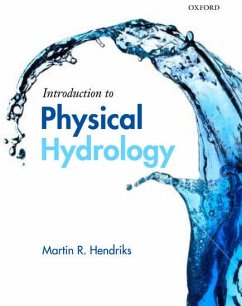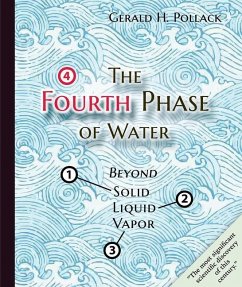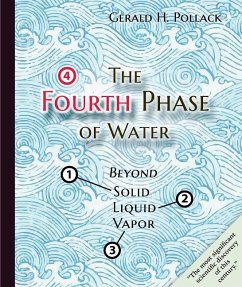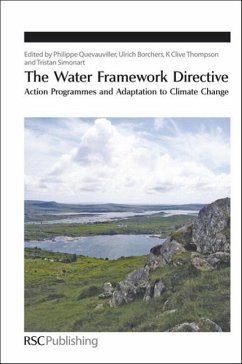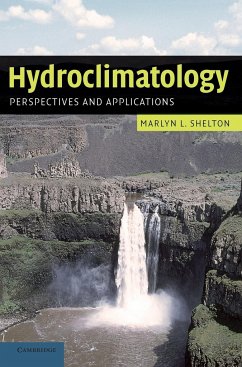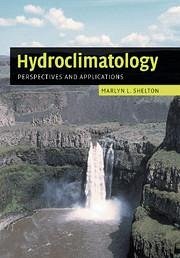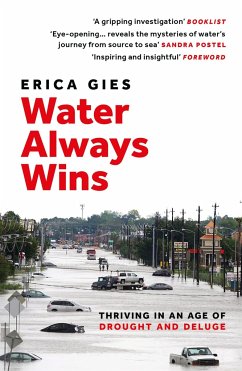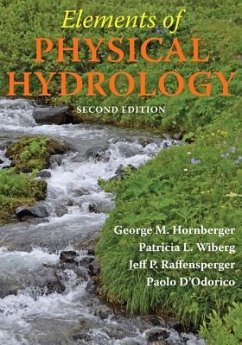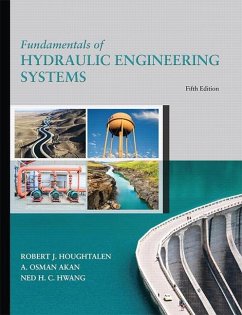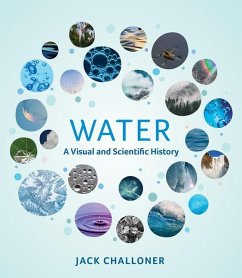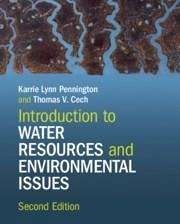
Introduction to Water Resources and Environmental Issues
Versandkostenfrei!
Versandfertig in 1-2 Wochen
64,99 €
inkl. MwSt.
Weitere Ausgaben:

PAYBACK Punkte
32 °P sammeln!
This thoroughly updated and expanded new edition introduces undergraduate students to the complex world of water resources and environmental issues. This textbook covers the fundamentals of water resources, water law, allocation, quality and quantity, health issues, and provides examples of potential personal actions and solutions.





